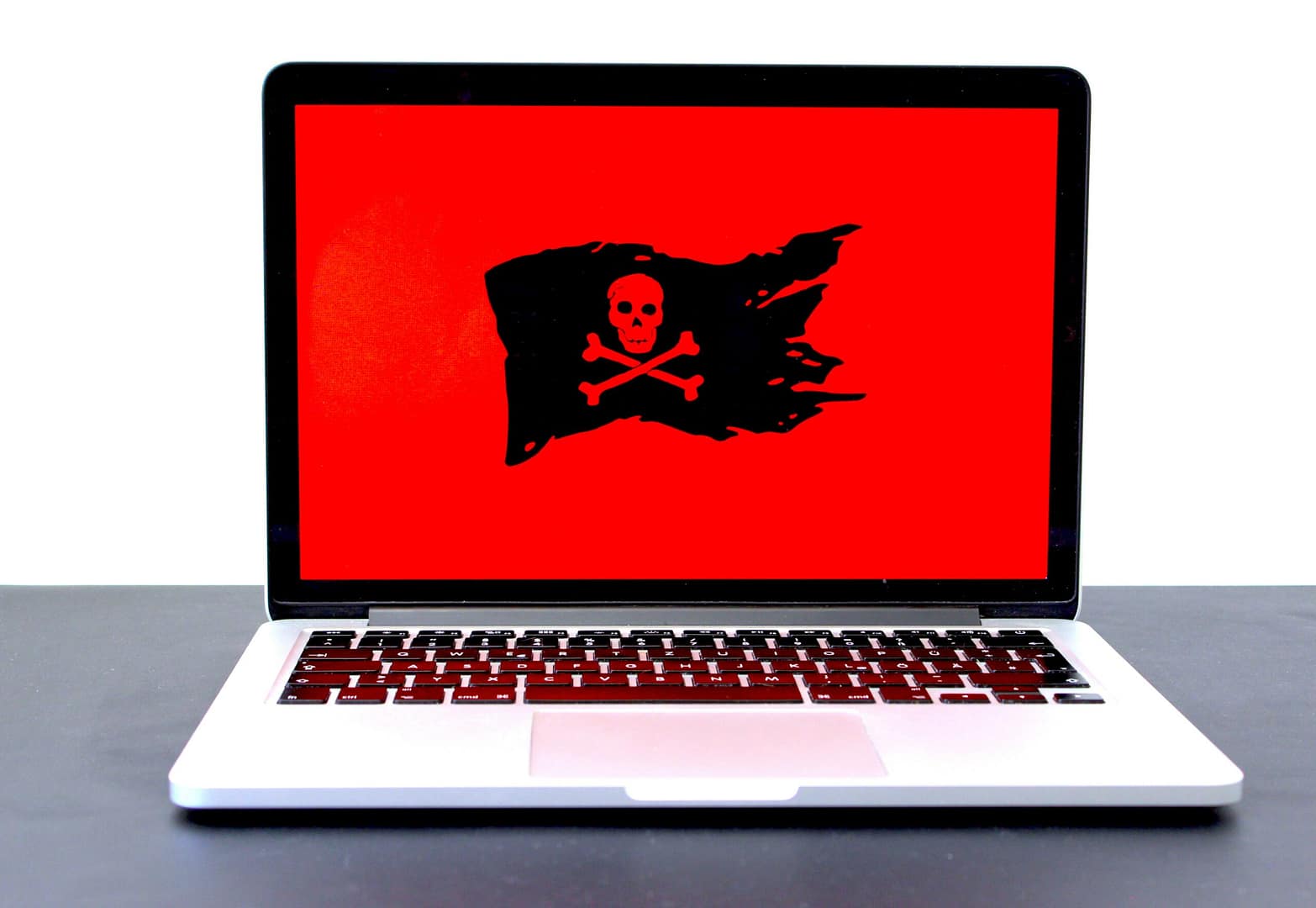
Cyber Security, What is it and why is everyone talking about it!
Today we look at what Cyber Security really is and why you should know about it; What it actually means for you and your home and business.
We’ll start off by looking at what everyone else thinks cyber security is, so let’s begin.
According to the NCSC (National Cyber Security Center) which is a part of the UK Government, cyber security is defined as:
“Cyber security is how individuals and organisations reduce the risk of cyber attack.”
and this is quite a broad statement, because without knowing what the risks are how can you protect yourselves?
To the right, we have a presentation I did for a local networking group in our surrounding area’s to try to breakdown what Cyber Security is, it’s quite lengthy and I don’t expect you to watch it all, but it does give you a really good overview of what is meant when people say Cyber Security and there are plenty of tips on how to make sure you and your customers are safe.
If you were to delve deeper into the NCSC website [1], you will find lots and lots of resources, advice, how-to guides and general information about cyber security, what you need to know about it and what the key elements are, and this is great… however, it doesn’t tell you how you can go about protecting your information, devices and other things from cyber threats, this is hopefully where our blog post is going to shine!
Below, we are going to break down what is one of the most boring, but, essential topics into it’s key area’s and outline what you should be doing to protect yourself and your data, and potentially your customers data as well.

Protection
So, what can you do to help protect your data, and keep it from getting into the wrong hands?
There are many different ways in which you can protect your data and assets, but a good cyber security “position” would be to utilise many different controls to maximise the security around your data, and I have listed a few examples below:
Physical Security: Safes, CCTV, Alarms, Access Control and Clear Desks.
Digital Access & Passwords: Strong Passwords, Multiple Passwords and 2 Factor Authentication or Multi-Factor Authentication (2FA/MFA), Corporate VPN or SASE Solutions.
Email Security: Encrypted Emails, Check Recipient and Use Anti-Spam/Anti-Malware Filters.
Anti-Virus: Update Regularly, Scan Regularly and DON’T DISABLE IT!
Information Assets
Now we can all sit here and bang on about assets that we have at home or in the office, and what these cost, but its rare that people look at their data in the same way, for instance, you have a boiler that you use in your business, you paid £4000 for this and so it is seen as quite a considerable asset, the boiler breaks and you have no hot water, but you can still run your business as you work mainly on your computer and it is a bit of an inconvenience.
Lets flip this around, you have 50 customers, that you look after everyday, all of the data you need is saved on your laptop, it’s a couple of years old, but still runs okay. It suddenly turns off and won’t come back on, and now you have no access to that data, you haven’t backed it up anywhere and you can no longer look after your customers until the laptop is fixed and your data is accessible again, there isn’t a direct monetary value to the data, but there is a potentially massive indirect value to it, what is your business worth with access to the data, now take the value of the business away if you don’t have access to the data?
Information is now looked upon as digital Oil, people will pay huge amounts of money to get hold of it, and the more things are put online, the more data is available.
Information assets are generally any information that can be found about anything or anyone that is personal or confidential to either them or their business.

HELP IS HERE!
You shouldn’t be overly worryied at this stage, that is unless you’ve just given your password to someone on the internet with your bank details because they are going to send you 400,000,000 US Dollars for safe keeping after they found it in a desert somewhere!
If this is the case, you should probably read our other blog posts here.
But in all seriousness, the easiest way to get started is to be vigilant, check and double check everything, and if in doubt, ask someone what they think, preferably a professional like our engineers here at The Haven.
This will get you into the mindset of checking your data regularly and it will make it much easier to spot any issues or queries that you have with your security.
Here at The Haven, we offer great advice and can manage your Cyber Security for you with our fully managed cyber security solutions, to our dedicated security operations centre and beyond.
We can help you and your business become compliant with Cyber Security standards but more importantly, we can help protect your data and ultimately your income from all of the worlds cyber nasties.
Thank you for reading, I hope you have found it insightful, and if you want any more information or to discuss anything further, please feel free to drop us an email or a call and we can arrange a chat.
contact@the-haven.co.uk
0161 826 2303
Helping you stay Safe and Secure online!
With Thanks:
I would like to thank Dawn from the DBFY networking group for allowing us to share our Cyber Security presentation, if you want to find out more about DBFY, please visit:
https://dbfy.co.uk
